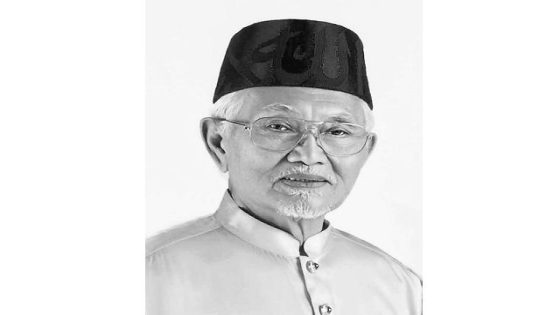Malawi’s former president, Peter Mutharika, has been chosen to lead the main opposition Democratic Progressive Party (DPP) into next year’s presidential election.
It marks a comeback for the 84-year-old, who governed Malawi for six years and later suggested he would not run for office again.
He surprised many with a change of heart, saying recently that his supporters want him to save the country from being ruined by President Lazarus Chakwera.
Mr Mutharika lost to Mr Chakwera in 2020, in a re-run that was ordered by the country’s Constitutional Court after it annulled the previous year’s election.
Judges had ruled that there was widespread tampering in the 2019 vote, including the use of Tipp-Ex correction fluid on ballot papers, and that Mr Mutharika’s declared victory in that poll was void.
Malawi’s judiciary were praised for their bravery in refusing to accept a second-rate election, and the political fallout in the former president’s party has been ugly.
Following a period of internal squabbling, the DPP has expelled several members including those who wanted to challenge Mr Mutharika for the party presidency, paving the way for him to be re-elected party leader unopposed.
Monday’s announcement that he had won the official endorsement of his party as its presidential candidate was largely a formality.
This means Mr Mutharika and Mr Chakwera will square off against each other at the polls for the third time, each having won and lost once in the past.
Mr Mutharika told party supporters he was ready to regain power “to remove an incompetent government which sees nothing, hears nothing and does nothing”.
He appears to enjoy the solid support of his party, but critics say it should have identified a younger, more energetic leader as its torchbearer in next year’s polls.
His rival, the incumbent Mr Chakwera, is 15 years his junior.
President Chakwera came into office promising “to clear the rubble of corruption”, to create a million jobs for the unemployed youth and to ensure food security so that all Malawians have three meals a day.
His government admits it has found it hard to deliver on those campaign promises, but blames that on Covid-19 at the start of its term of office, natural disasters such as cyclones and the economic downturn caused by the war in Ukraine.
Government officials, including Information Minister Moses Kunkuyu, have repeatedly said, even with these difficulties, the present administration has outperformed its predecessors by creating systems that make it hard for corruption to flourish.
Successes include the reintroduction of train services in Malawi for the first time in over three decades, helping to reduce the cost of transporting goods. Major road construction is also under way, particularly in the capital, Lilongwe.
The ruling Malawi Congress Party (MCP) will have to defend that record at the polls, and could yet make age a key campaign issue – questioning whether former President Mutharika has both the physical strength and mental capacity to govern once more.
More stories about Malawi from the BBC:

Go to BBCAfrica.com for more news from the African continent.
Follow us on Twitter @BBCAfrica, on Facebook at BBC Africa or on Instagram at bbcafrica
BBC Africa podcasts
Source Agencies


